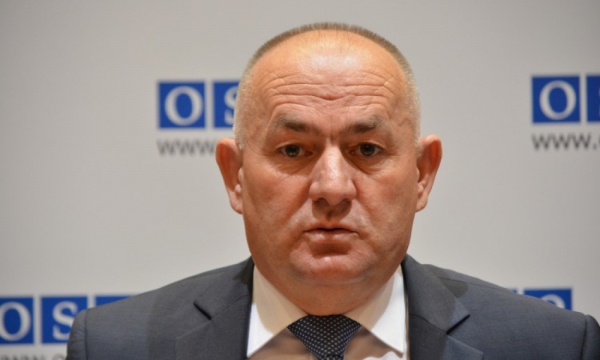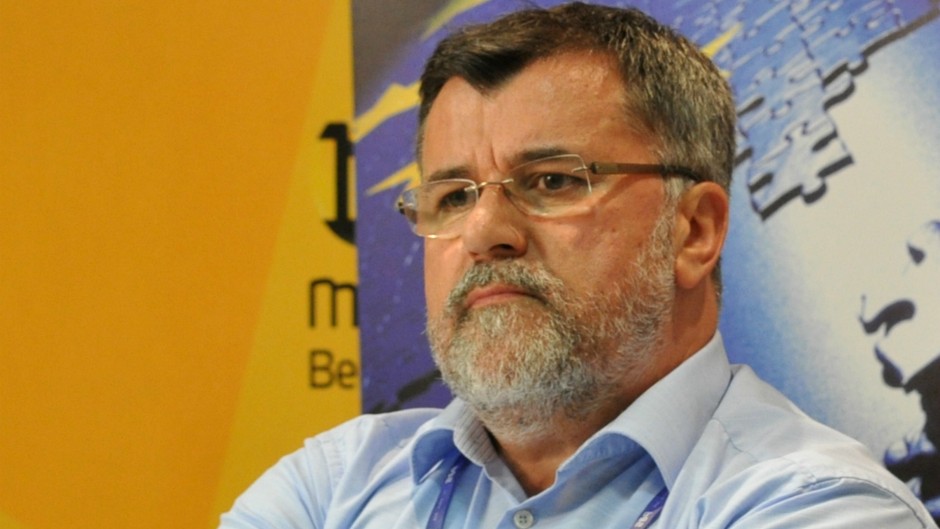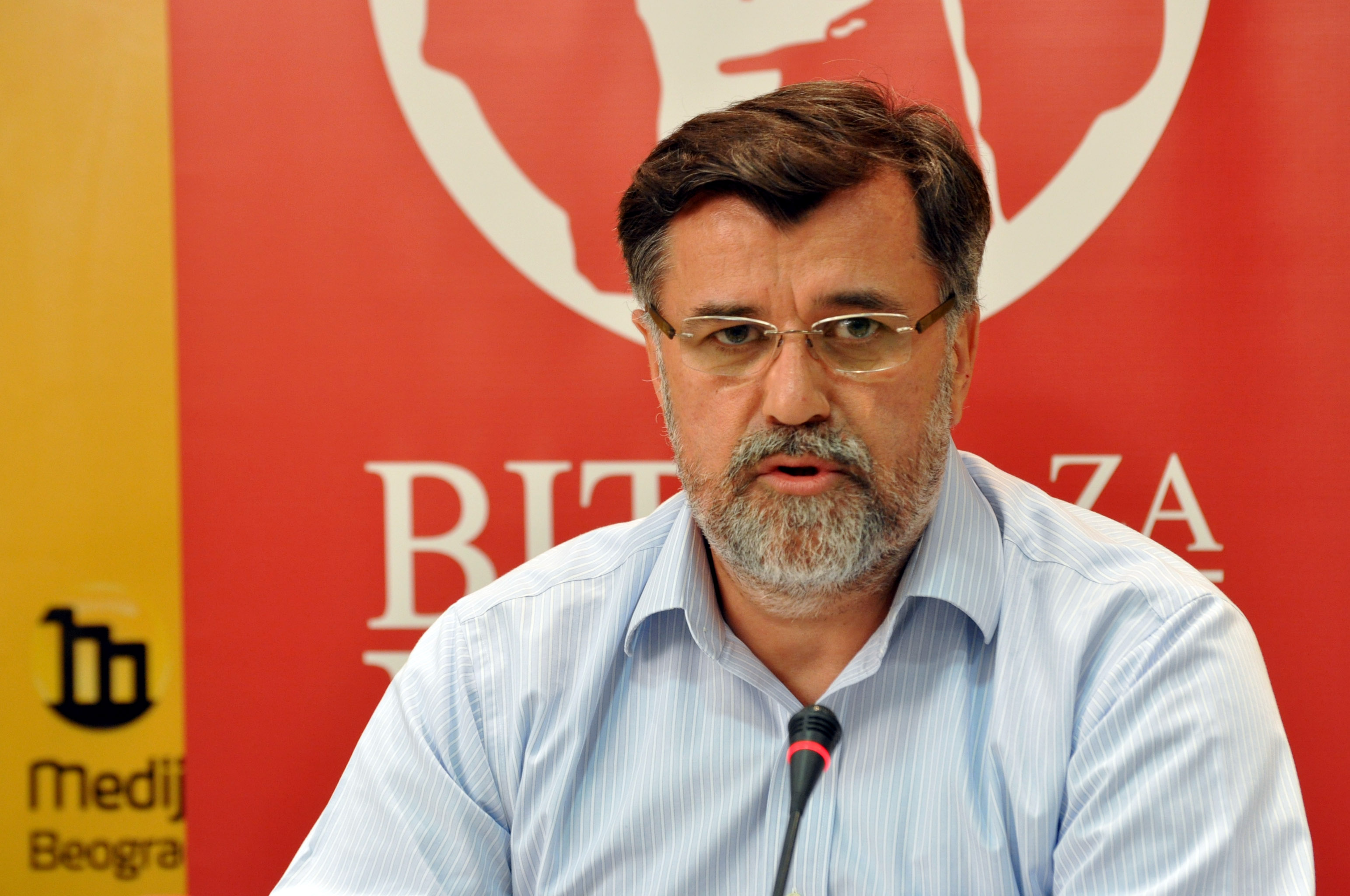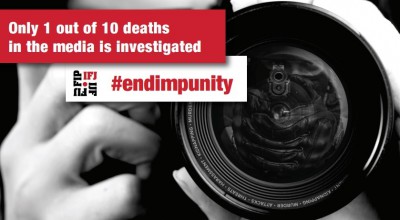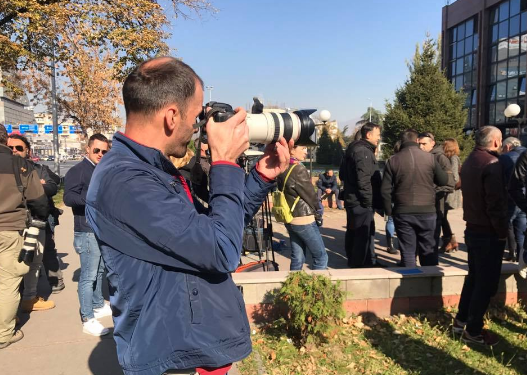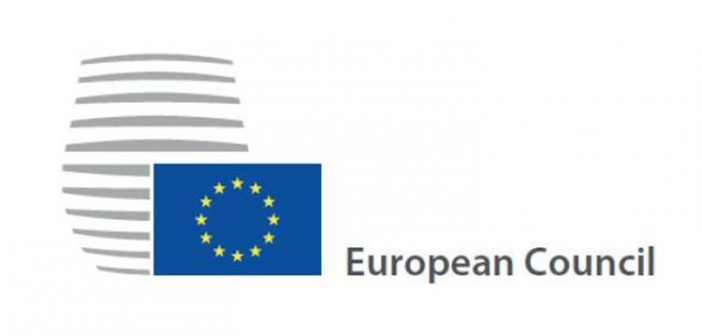SARAJEVO, 03.11.2017.-Borislav Bojic, chairman of the Joint Committee on Human Rights of the Parliamentary Assembly of BiH, in a statement on the occasion of the 2nd November of the International Day to end Impunity for Crimes Against Journalists, warns the public on the significantly increased number of violations of the right to freedom of speech, as well as cases of attacks on the freedom of the media and journalists in BiH.
The announcement states that recently international and domestic organizations and institutions dealing with the protection of media freedom and the safety of journalists are reporting with great concern.
Bojić recalls that in this year’s Special Report on the situation and cases of threats to journalists in BiH, the Human Rights Ombudsman institution warns that the state of media freedom is worse today than in previous years, undermining it by examples of pressure, intimidation and physical attacks on journalists, due to which in December last year BiH was on the 65th place out of a total of 180 countries, covered by research by international organizations for the protection of journalists.
In this report, the Ombudsman Institution also points to the frequent violation of social rights and the poor working status of journalists, which are criteria that significantly influence the quality of media reporting in BiH.
The attitude towards journalists and the survival of public services – a major challenge on the path to European integration
Bojic states that the importance of respecting the freedom of speech and freedom of the media in every democratic society is also noted in the Report of the Council of Ministers of BiH, which was adopted at the Parliamentary Assembly of BiH in August last year.
“However, by adopting this report and concluding on the stronger engagement of institutions regarding the respect of these rights and freedoms, the need for the society and the state to deal with all instances of attacks on journalists and journalistic freedoms can not and must not be stopped, as well as cases of abuse of these rights and freedoms, especially when it comes to the spread of hate speech and the spread of national, religious and racial intolerance in electronic, written and online media, “Bojić points out.
He emphasizes the need to support the Ombudsman’s recommendation on the need to treat attacks on journalists as criminal offenses of assaulting officials in the performance of official duties, just like the need to institutionally support the Fund for the Defense of Journalists and Other Media Workers in Courts, as well as activities of the “Coalition for the Fight against Hate and Hate Speach” regarding the intensification of legal sanctions for spreading hate speech through the media.
“Bearing in mind the clear position of the institutions of the European Union, according to which the provision of freedom of expression and freedom of the media will be one of the main challenges BiH will face in the process of European integration, as well as the permanent recommendation of the European Commission to ensure political independence and financial stability public services in BiH, I appeal to the institutions of government at all levels to respect the right to freedom of speech, freedom of the media and media expression, as well as to do everything within their competence to significantly reduce the number of recorded pressures, threats, intimidation and attacks on journalists and journalists freedom in BiH, “said Borislav Bojic, chairman of the Joint Commission on Human Rights of the PSBiH.


